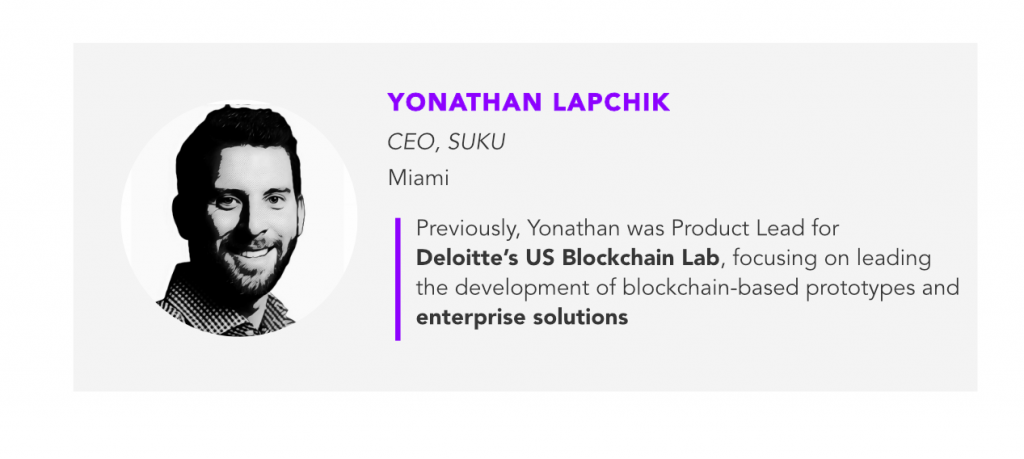The demand for transparency in food supply chains is growing as more health-conscious individuals take note of what they consume. Startups are aiming to apply blockchain technology to help everyday consumers track the meat they buy at supermarkets back to the source.

Bay Area startup Citizens Reserve runs SUKU, a “supply chain as a service” platform. The open-source blockchain platform announced a partnership with the third-largest listed retail company in Latin America, Centros Comerciales Sudamericanos S.A. (Cencosud). Wong, a subsidiary supermarket chain of Cencosud in Peru, will apply SUKU’s system in an application that improves traceability of meat products on its shelves.
Yonathan Lapchik, SUKU’s CEO, says, “This partnership with Cencosud marks a major milestone for the SUKU team as we showcase the power of blockchain to help consumers make more informed choices for themselves and for their families. Using the SUKU application at Wong, consumers will have access to transparent, verified products. It adds another level of trust to the products they know and love from Wong.”
SUKU’s advisor Eric Piscini, a former Deloitte global blockchain lead, said events such as the turmoil seen in China’s vaccine scandals have demonstrated the need for better supply chain operations.
“The current supply chain environment is complex and difficult to navigate. Almost all enterprises require a supply chain to some extent, but the technology supporting them remains expensive, inefficient and fragmented,” says Piscini.
“SUKU and blockchain technology are helping us further develop our relationship with our customers,” says Enrique Ameghino, commercial manager of perishables at Cencosud Peru’s Supermarkets division.
The blockchain platform is designed to use smart contracts for payments and transactions through the Ethereum blockchain system, while a separate blockchain—J.P. Morgan’s Quorum—would be permission-based. This would allow vendors and bidders to interact in a private marketplace assisted through blockchain’s distributed ledger properties, and enables rewards for services with a SUKU token as an incentive.
According to Piscini, the platform wanted “a blockchain that supports everything that we want to do. We’ve created a bridge between the two blockchains. We need the public for better records, but we also need the efficiency of the Quorum. It’s a solution we’ve created. We’re working on that today.”




